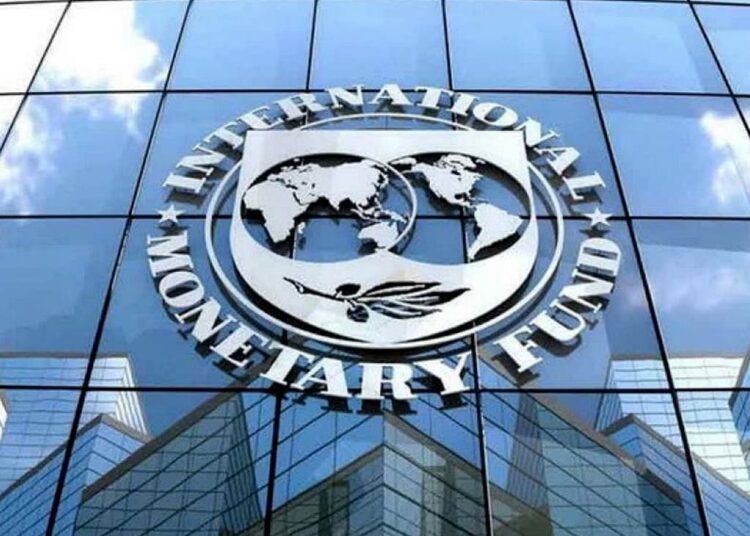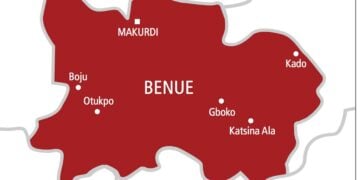The International Monetary Fund (IMF) has once again stressed the need for the Nigerian government to put an end to energy subsidies even as it called for the country to increase its revenue base by focusing on increasing its tax bracket and compliance rather than engage in more borrowing.
Presently, the country’s debt profile is in excess of N42 trillion, with the government planning to borrow more to meet its 2023 budget obligations.
The IMF, in its latest Fiscal Monitor released yesterday, entitled ‘On the Path to Policy Normalisation,’ said Nigeria’s debt was projected to continue and said that as Nigeria stops energy subsidies, the country should target subsidies towards health and education.
According to the report, low-income developing countries have been hit by several concomitant shocks, including the COVID-19 pandemic and the cost-of-living and food security crises, which have taken their toll on public finances.
“Fiscal deficits in low-income developing countries, at an average 4.2 per cent of GDP in 2022, showed moderate improvements relative to the worst of the pandemic. Primary spending remained stable at 16.9 percent of GDP, just below its 2021 level, on average, as countries increased fuel subsidies and social spending to respond to rising energy and food import prices.
“The increase in spending was larger among commodity exporters – Burundi, Democratic Republic of Congo and oil exporters – Nigeria and Yemen, with the latter group benefitting from more fiscal space thanks to high energy prices. In non-oil commodity exporters, the average fiscal deficit rose by 0.6 percentage points in 2022, reversing the improvement in 2021, as both primary spending and debt service payments increased.”
The report further stated that “in some low-income developing countries, debt is projected to continue rising in Nigeria and some have asked for debt relief under the Group of Twenty (G20) Common Framework.”
Speaking at a press conference on the Fiscal Monitor at the ongoing 2023 Spring Meetings of the IMF and World Bank holding in Washington DC, the IMF Director of the Fiscal Affairs Department, Vitor Gaspar, said the near-term outlook is complex amid high inflation, tightening financing conditions, and elevated debt and urged policymakers to prioritise keeping fiscal policy consistent with central bank policies to promote price and financial stability.
“Many countries will need a tight fiscal stance to support the ongoing disinflation process especially if high inflation proves more persistent. Tighter fiscal policy would allow central banks to increase interest rates by less than they otherwise would, which would help contain borrowing costs for governments and keep financial vulnerabilities in check.
IMF Warns Of Increased Risks To Global Financial Stability
“Tighter fiscal policies require better-targeted safety nets to protect the most vulnerable households, including addressing food insecurity while containing overall spending growth, as governments are likely to confront social pressures to compensate for past increases in the cost of living.”
He added that reducing debt vulnerabilities and rebuilding fiscal buffers over time is an overriding priority.
“Despite the envisaged gradual fiscal tightening in the coming years, we project global public debt will rise, driven by some large advanced and emerging market economies. More generally, concerns with debt vulnerabilities have intensified in many countries. In low-income developing economies, higher borrowing costs are also weighing on public finances, with 39 countries already in or near debt distress,” stated, even as he advised countries to step up efforts to develop credible risk-based fiscal frameworks that reduce debt vulnerabilities over time and build up the necessary room to handle future shocks.
“Low-income countries face particularly severe challenges. Revamped efforts to increase revenue are critical to restoring fiscal sustainability, dealing with the cost-of-living crisis, and achieving Sustainable Development Goals. Despite multiple waves of tax reforms, revenues remain stubbornly insufficient, below levels that enable the state to play its role in sustainable and inclusive development. International cooperation is crucial to helping these countries resolve unsustainable debt burdens in an orderly and timely manner,” he added.











